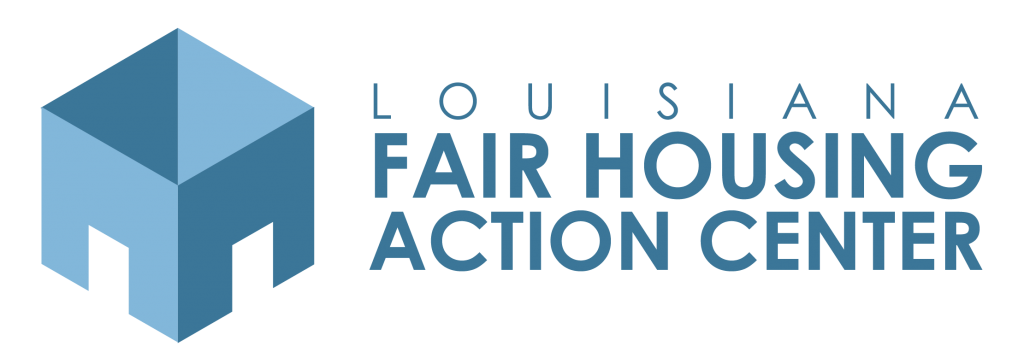Mother’s Day is around the corner. Do you know your housing rights? Under the Fair Housing Act, it’s illegal for a landlord to discriminate against families with children. This type of discrimination has been illegal since 1988, but unfortunately, it still happens every day. According to the National Fair Housing Alliance’s most recent report, there were 2,675 fair housing complaints filed in 2017 by families who believed they’d been treated unfairly because they had children (https://nationalfairhousing.org/2018-fair-housing-trends-report/).
It’s likely that discrimination against families with children happens much more often than that, because often discrimination is subtle and families might not realize they are being treated unfairly. Families also might not know that what happened to them was against the law, or that there are places to go for free help, like GNOFHAC.
There are lots of ways that discrimination against parents with children might look. A landlord might say flat-out that they don’t rent to people with children, or that they specifically won’t rent to pregnant applicants, parents with babies, or parents with teenagers. More often, a landlord won’t come out and say that they don’t rent to families with children, but they will discourage you from applying or give you the run-around once they find out that you have children. A landlord might also say that a property isn’t suited to families with kids – that there’s no yard, for example, or that stairs or a balcony aren’t safe – but deciding whether a property is a good fit for the family is a parent’s decision, not a housing provider’s. Landlords might also say that you have too many children for a particular apartment. While it’s reasonable for a landlord to have occupancy standards for health or safety reasons, sometimes those rules are too restrictive in a way that hurts families, and that can also be against the law. Once you’ve moved into the property, housing discrimination can still happen. For example, a landlord may ask for a higher security deposit because you have children, or have special rules that only apply to kids. Each of these things can violate the law as well.
If you think you’ve experienced housing discrimination, either because you have children or because of the number of children you have, or because of another factor such as your race, color, religion, national original, sex or gender, sexual orientation or disability, call the GNO Fair Housing Action Center at (877) 445-2100 or file a complaint online at http://www.gnofairhousing.org/file-a-complaint/. Help is free and confidential.
